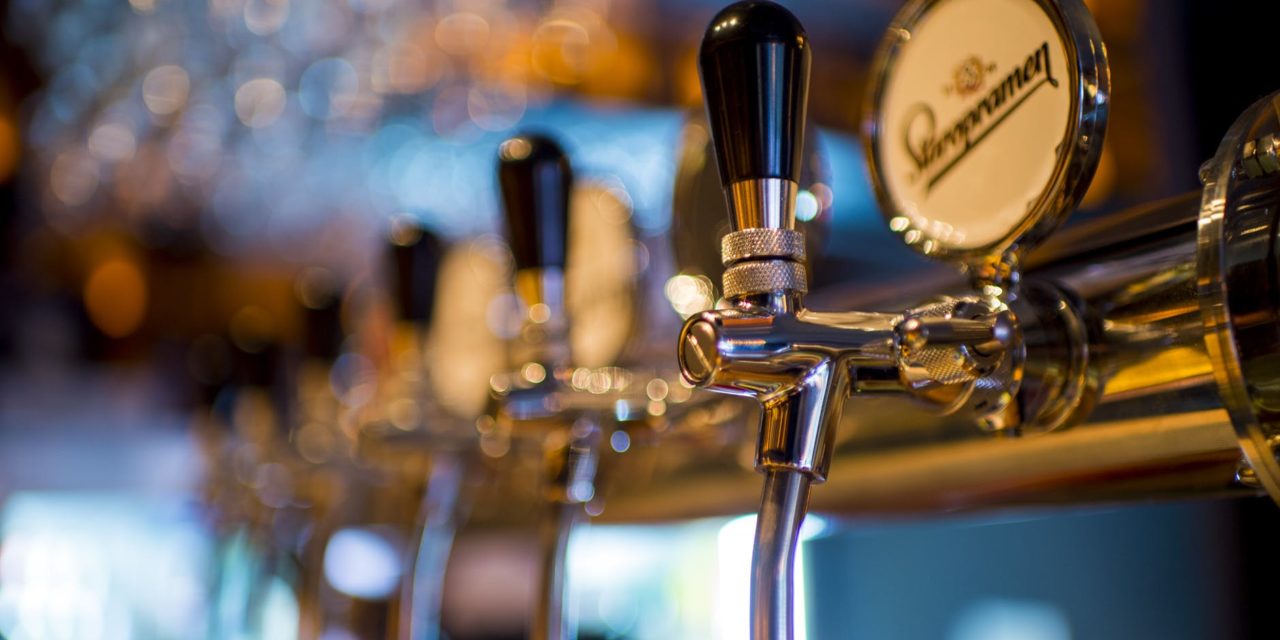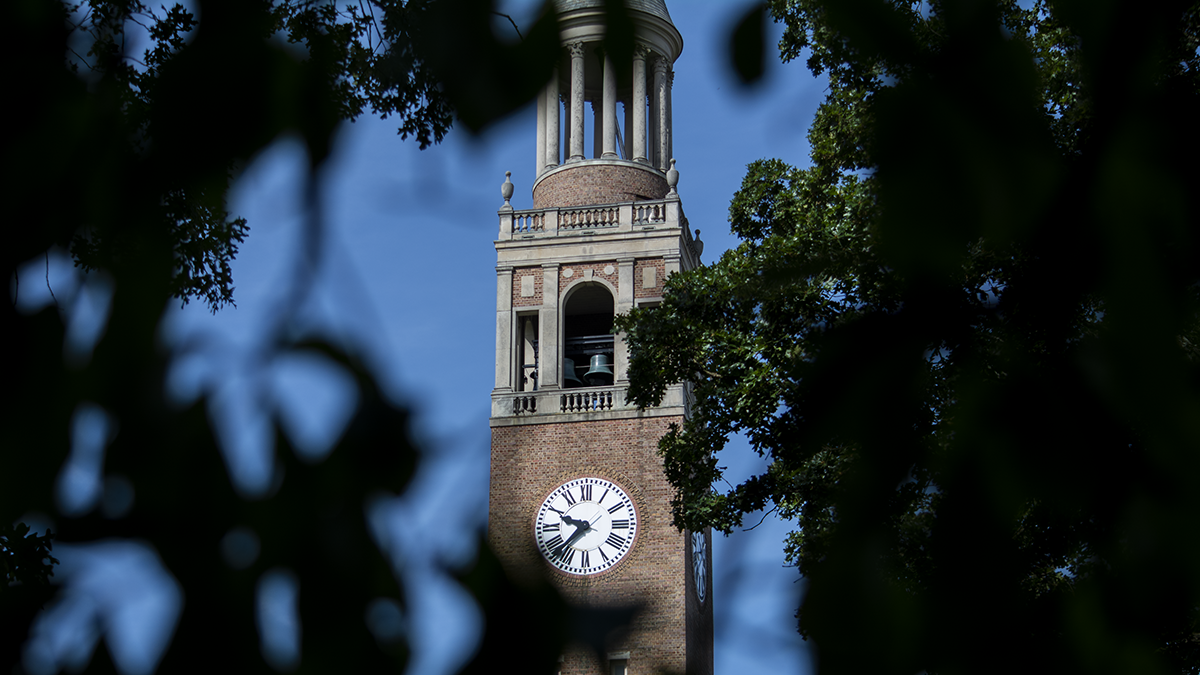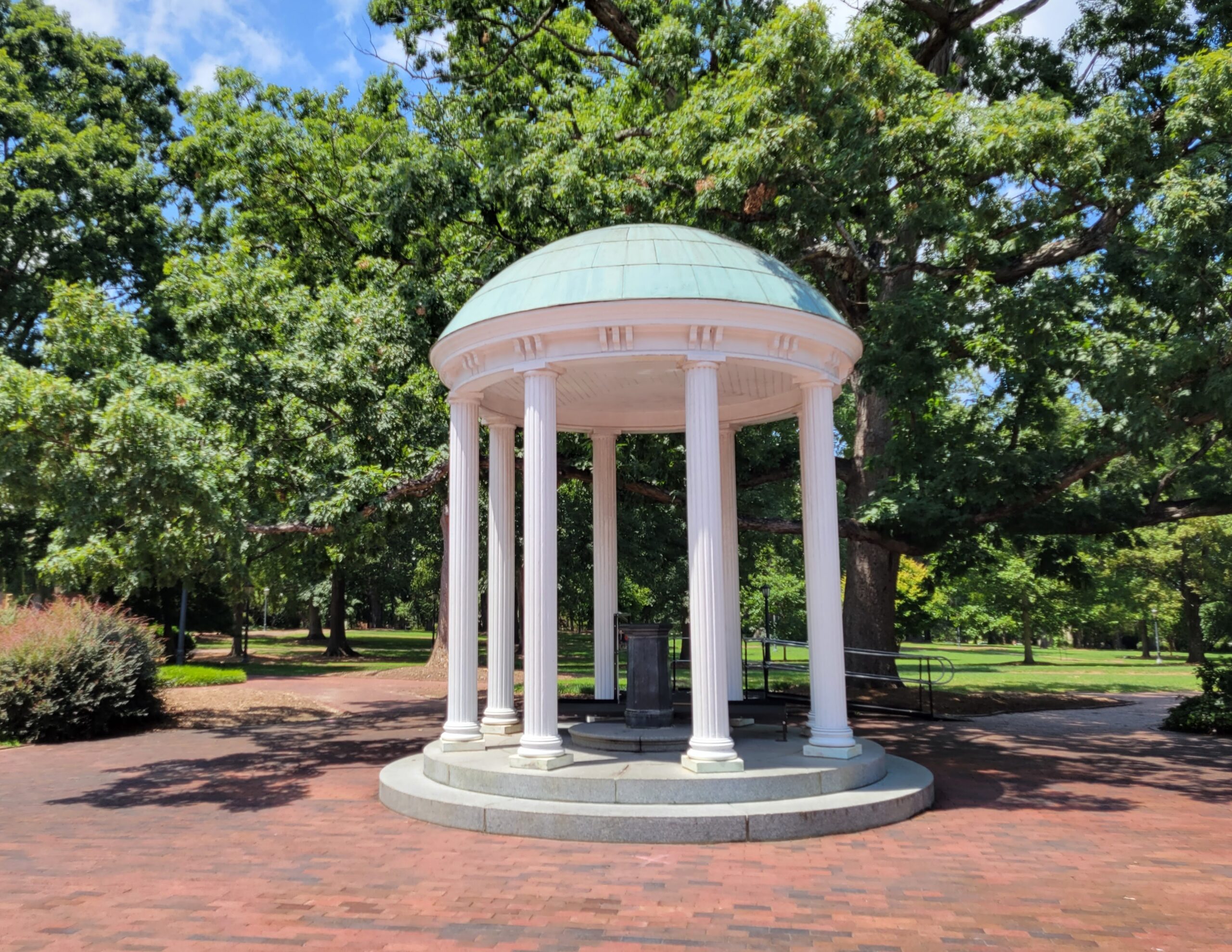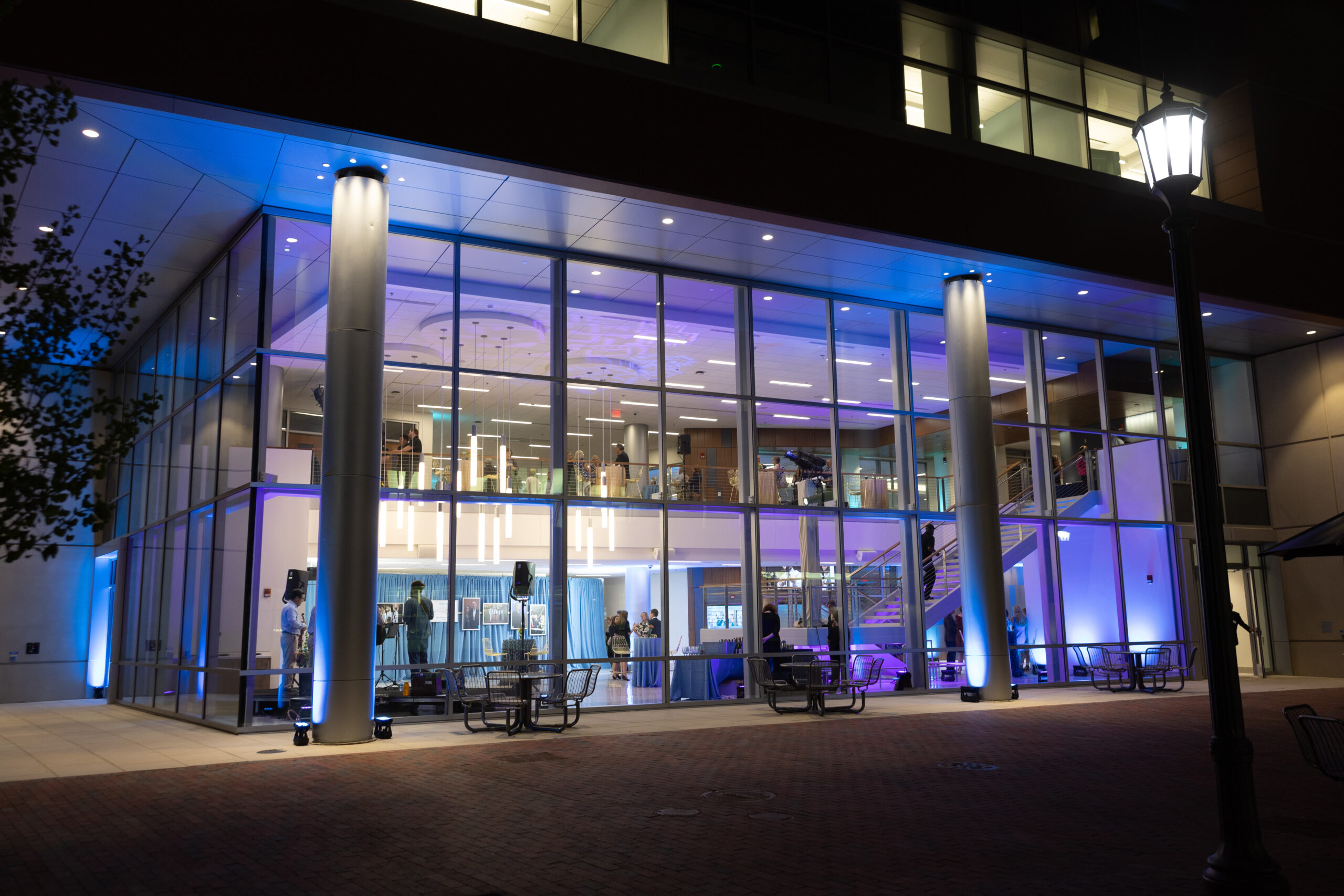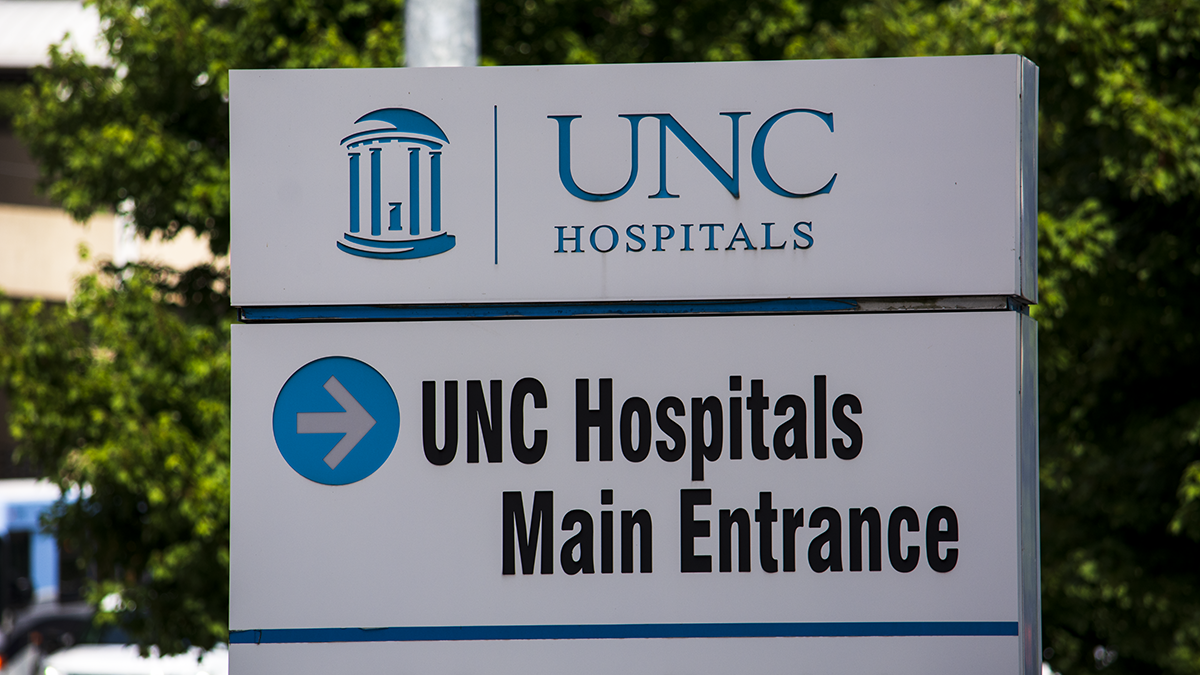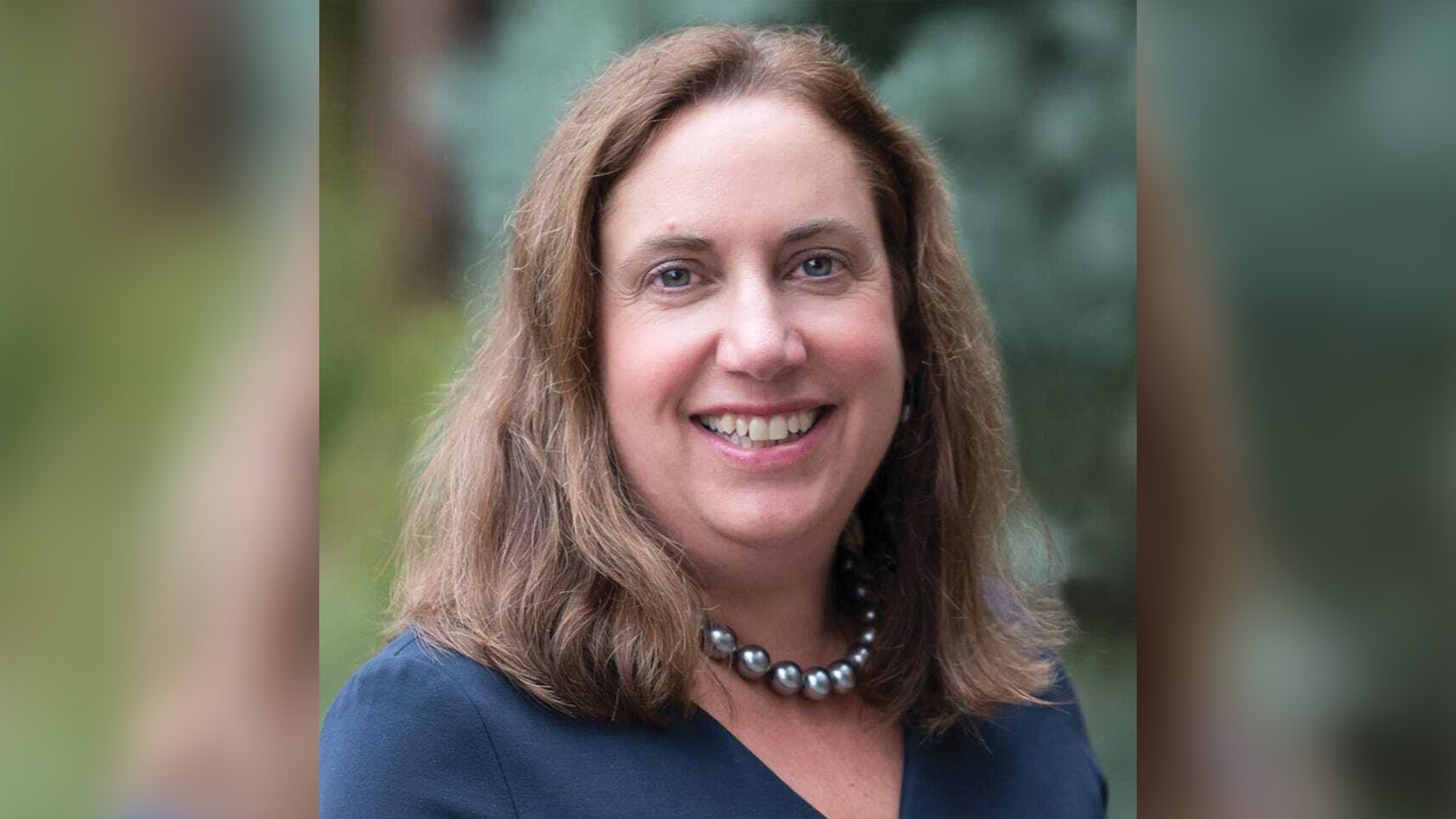When students were forced to return home in the spring of 2020, many of them lost access to the things that defined college life: nearby friends, being in the classroom and alcohol.
Alcohol consumption among first-year college students at UNC declined during the early stages of the pandemic, according to a recent study. Researchers are hopeful this finding could lead to a permanent change in college drinking culture as students return to campus.
The Carolina Population Center and the UNC School of Medicine found alcohol use by college students declined eight percent during the first four months of the pandemic. Binge drinking also decreased by 11 percent during those months.
Dean Blackburn is the Director of Student Wellness and Associate Dean of Students at UNC. He said this survey data shows a permanently healthier college environment is possible.
“All of that gives us information to think about how we might craft a policy that supports the culture that we’re striving for,” Blackburn said. “We are striving for a health promoting, informed culture where students have enough information, skills and resources to make the best choices for themselves around alcohol.”
The survey found social factors, such as social distancing and reduced friend interactions, were the main reasons for the decline in alcohol consumption. But with students returning to campus, Blackburn said it’s possible those trends may swing back the other direction.
“The previous study showed us students had less access when they were at home,” Blackburn said. “We know by the nature of some campus environments that they may have more access or at least easier access to alcohol at a college campus and maybe a little less supervision from family members.”
UNC researchers do not expect the decreased alcohol consumption to continue as students return to campus. They suggest targeted interventions to students who have responded to stress with increased alcohol use.
Increased alcohol use is costly to the students’ physical health and the local economy. In 2017, the UNC Gillings School of Public Health found excessive drinking cost Orange County $111 million in emergency room visits, hospitalizations, rehab, crimes, car crashes and deaths. Forty-five percent of those costs are falling on the taxpayers.
Elinor Landess is the director of the Chapel Hill and Community Coalition, which works to reduce the harms associated with high-risk drinking. She believes preventing a resurgence in underage consumption starts with education.
With three classes of UNC students never having completed a full year on campus, Landess said there is an opportunity to make this decline more permanent.
“There’s a culture shift that can happen to create environments where everyone can flourish. I think we often think about this issue of binge drinking and the alcohol culture on college campuses and assume it’s just going to be that way — that it’s just a phase of life and part of the college experience. But we know that there is harm that comes from it.”
Chapelboro.com does not charge subscription fees. You can support local journalism and our mission to serve the community. Contribute today – every single dollar matters.

